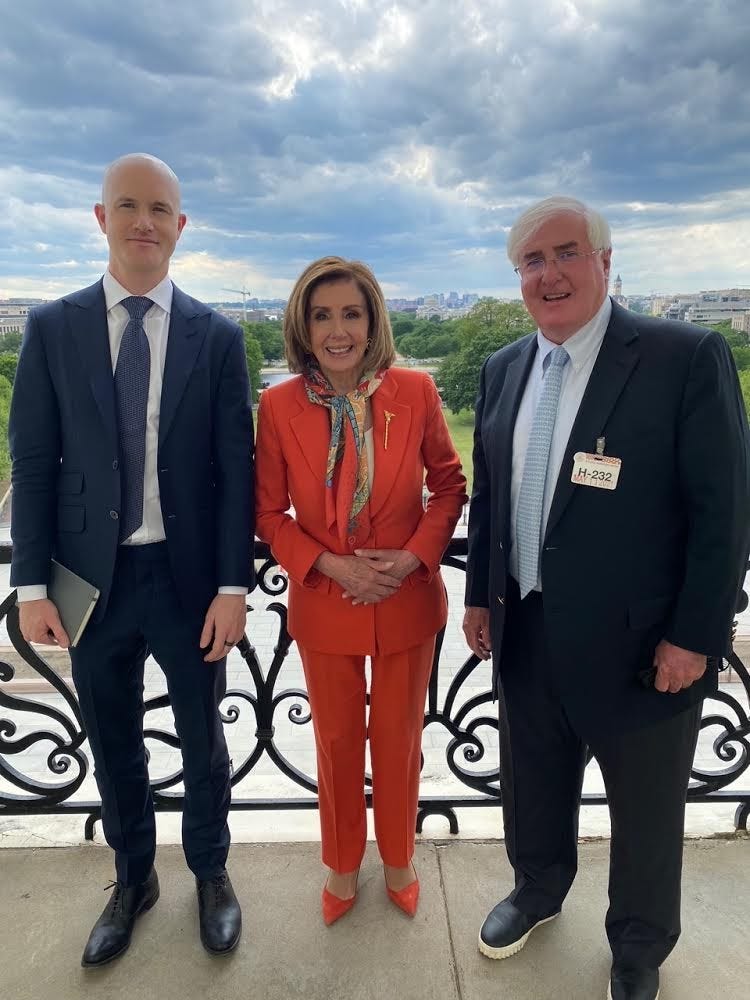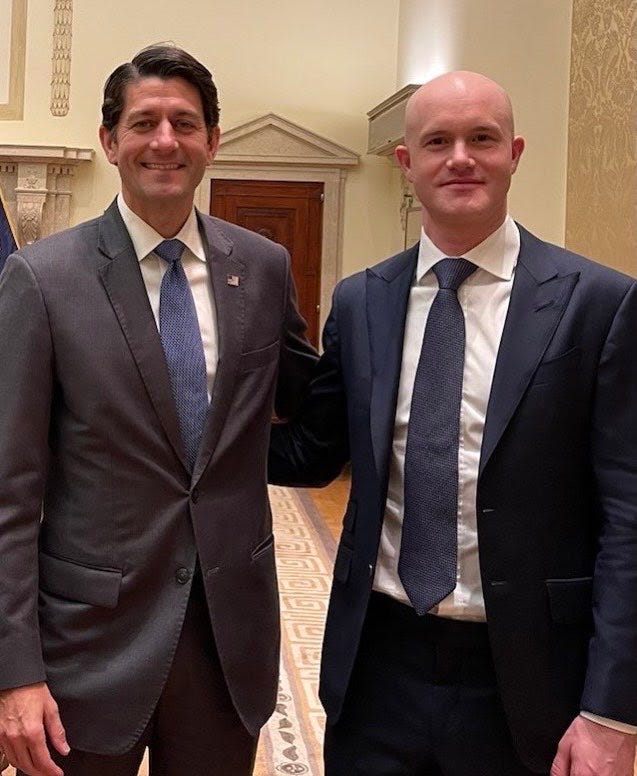ICYMI is an ongoing series of blog posts memorializing important Twitter threads from thought leaders at Coinbase and beyond. In this thread from 08/26/2021, Coinbase CSO Phillip Martin shares some ATO wisdom.

ATOs are a real problem. Nearly 25% of U.S. households have been victims, financial losses average $12,000, according to http://Security.org <.01% of Coinbase users experience these events, but they are the most complex cases we deal with.
We work hard to minimize ATOs on Coinbase, but the reality is attackers have a large profit motive and prey on both technology gaps (e.g. SIM swaps) and human psychology. It’s unlikely that any financial platform of any scale will ever be entirely ATO-free.
We know we have a lot of work to do to make the experience better for those customers who do experience an ATO, and we’ve launched live phone support immediately as a first step.
Ultimately, the best way for a consumer to protect themselves against ATOs anywhere is to use the strongest 2fa available (sms < totp < yubikey) and a password manager.
See also: How to keep your crypto secure.
*We’ve added links where appropriate. You can see original thread here.

ICYMI: Security and ATOs… was originally published in The Coinbase Blog on Medium, where people are continuing the conversation by highlighting and responding to this story.



















